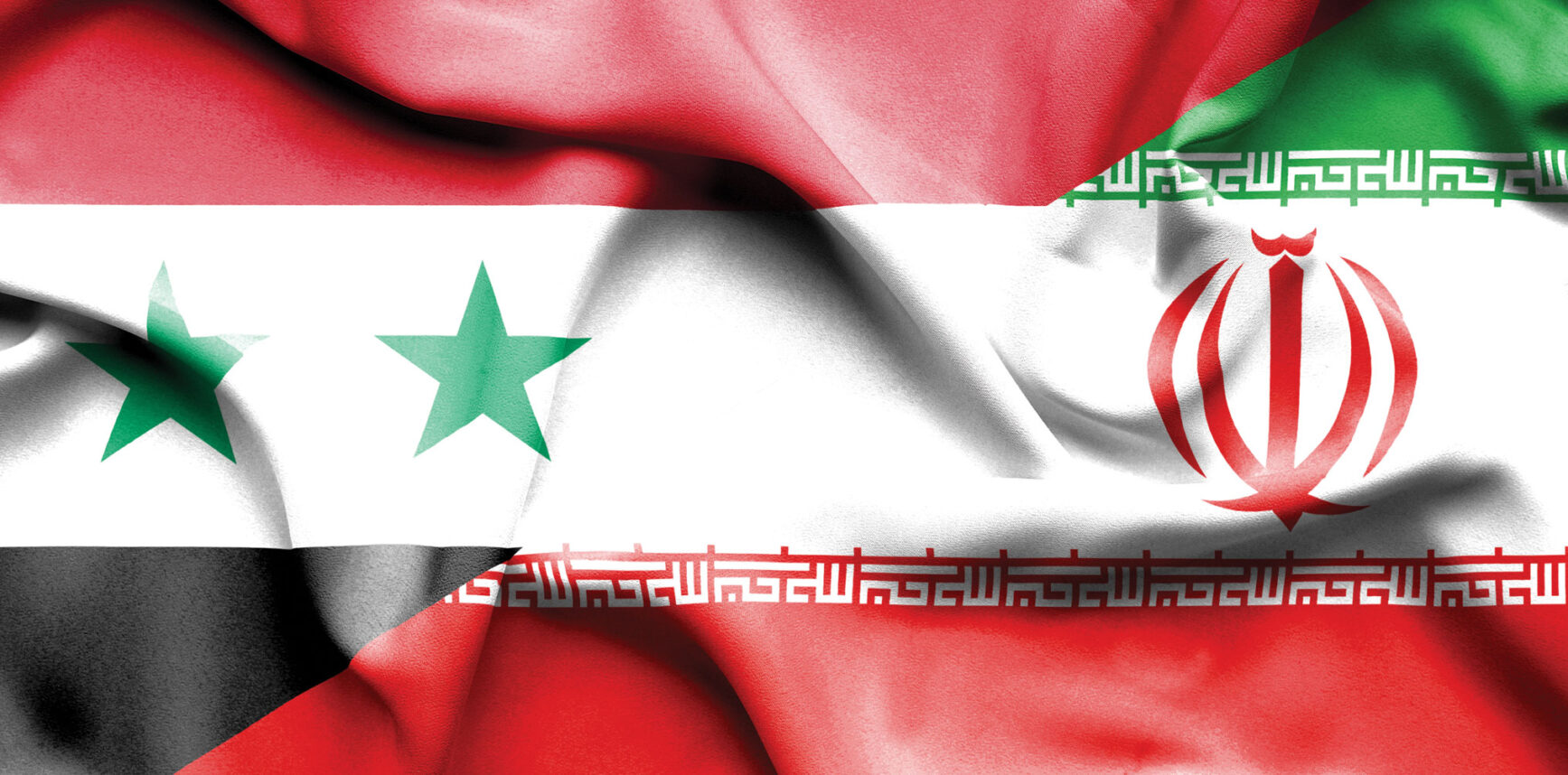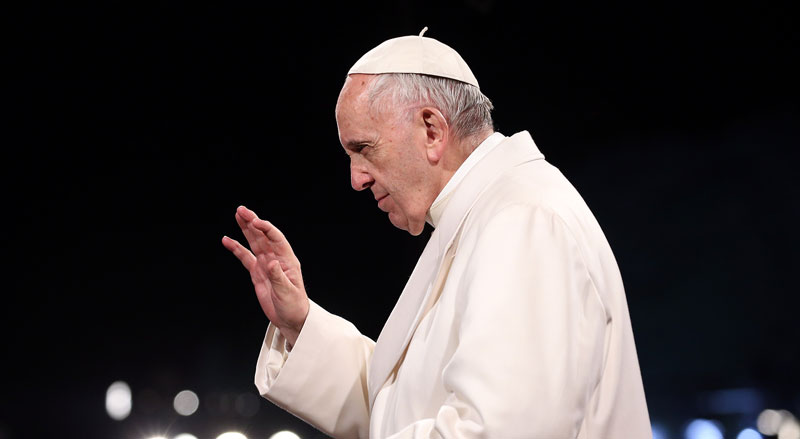The Hebrew language is not famous for its curse words. There
is one, however, emach she’mo, meaning, “may his name be erased.”
In our tradition, it is a horrible curse to be erased from
human memory. For example, Hitler, emach she’mo: Even as we remember him, we
remember to forget him. Those who evoke our most horrible memories are those
who most deserve to be forgotten.
Conversely, what happens if we take deserving people from
our personal past and return them to human memory? What happens when we can
identify people about whom we knew little or nothing and make the effort to
flesh out their lives, study the choices they made and learn from the
challenges they faced? Doesn’t this process bless our ancestors for being
remembered and bless us for pulling those memories out from history’s ashes?
These are some of the questions that inspired me when I
first discussed this exhibit with Rabbi Marvin Hier of the Simon Wiesenthal Center
in 1996. About two minutes into my pitch, he stopped me and said, “Let’s make
it happen.” And, for the next six years and more than a quarter-million miles,
I had the privilege of searching for the ancestors of Maya Angelou, Billy
Crystal, Carlos Santana, Joe Torre and others.
Conventional wisdom tells us that the further back in time
we go among culturally diverse people, the less these people have in common.
Our experience was quite different.
The power of certain commonly shared values seemed to grow
stronger as we went back in time. The narratives, documents and images from all
these families painted a picture of people who associated their joy — even
their own sense of identity — with acts of giving and self-sacrifice.
My journey was fascinating and sometimes humorous.
I arrived in Italy wearing rimless glasses, a closely
cropped beard and a Universal Studios cap. In Petina, Joe Torre’s ancestral
family home near the Amalfi Coast, people stopped me on the street with bottles
of homemade raspberry liquor. They insisted that we drink a toast because noi
amiamo i suoi film, what I eventually learned to mean, “we love your movies.” A
rumor had spread among the locals that I was Steven Spielberg.
For Jews living in the 21st century, it may not seem
newsworthy to admire non-Jewish wisdom. To do so, however, with the specific
intention of performing a mitzvah (praiseworthy deed) and recognizing a Jewish
value, is a truly humbling experience. Listening to Dr. Maya Angelou’s powerful
insights gave me an opportunity to say the Hebrew blessing that ends, “Who has
given his knowledge to human beings.”
My grandmother told me many stories about her family in the
Ukrainian city of Zhitomir, and how they overcame great hardships and
challenges. This memory was most powerfully rekindled while researching the
life of Margaret Torre (Joe’s mother) in Italy. There is a Chasidic folk
saying, “Be a master of your will and a servant of your conscience.” Margaret
Torre may not have been familiar with the expression, but this is how she
lived.
In Mexico, Carlos Santana’s aunts spoke about the meaning of
family and the importance of giving back to the world. Sitting in their parlor
in a tiny village near Manzanillo, I realized I could have been in Los Angeles,
Brooklyn or Jerusalem.
Carlos’ mother is a heroic figure who reminds us of
America’s debt to the courage of immigrants. The message is clear: We have the
power and responsibility to transform our lives, reminding me of Anne Frank’s
writing: “How wonderful it is that nobody need wait a single moment before
starting to improve the world.”
By now, it should be clear that one of the reoccurring
themes in “Finding Our Families Finding Ourselves” is the power of choices.
Nothing shapes our lives as powerfully as the choices we make.
There are many bad jokes about the seductive power of the
entertainment industry and “what it does” to people. Janice and Billy Crystal —
with whom I have had the privilege of working for many years thanks to Los
Angeles’ own Dr. David and Andrea Sherman — are a convincing and reassuring
reminder that people are who they choose to be, regardless of external
circumstances.
While the exhibit explores the typical “how-to” questions of
the genealogical quest, it also addresses the “why-to” part of the experience.
Who can we become when we learn more about how we came to be? I wish you great
success on your journey. Â
Rafael Guber is founder of the Sepia Guild, a featured expert on the PBS series “Ancestors” and co-creator of “Finding Our Families, Finding Ourselves.”





















 More news and opinions than at a Shabbat dinner, right in your inbox.
More news and opinions than at a Shabbat dinner, right in your inbox.